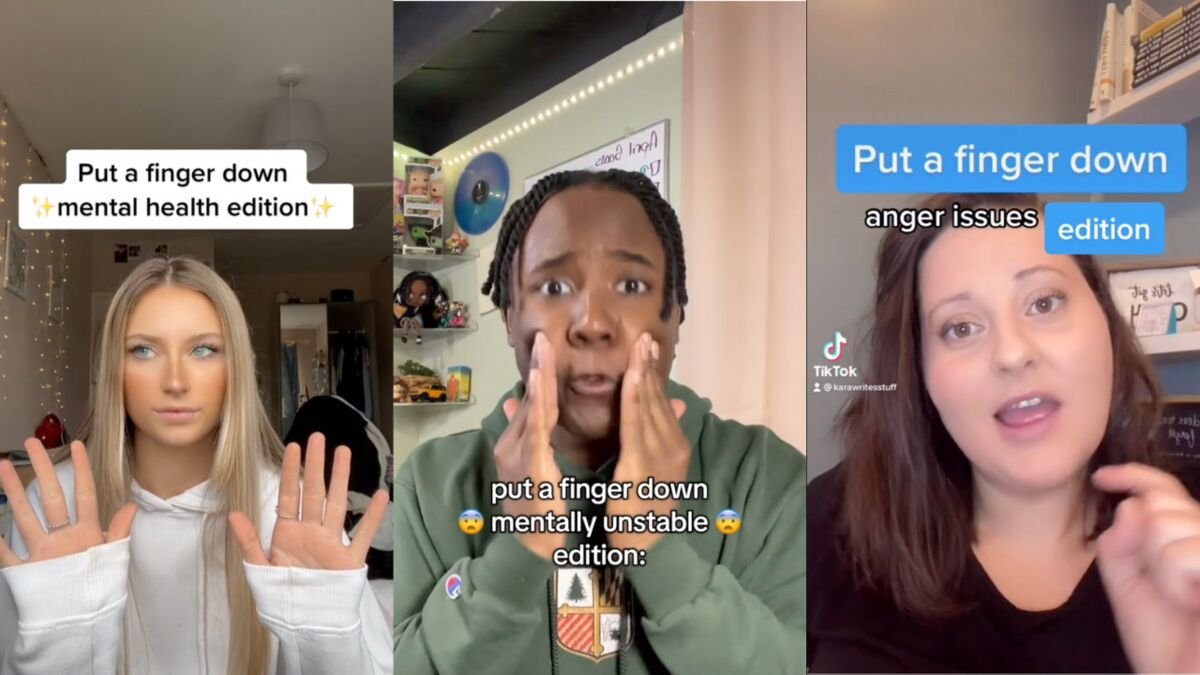Many individuals are now using social media platforms like TikTok to diagnose their mental health conditions, often due to the high costs and limited availability of formal psychiatric evaluations. For example, neuropsychological assessments, which are essential for diagnosing conditions such as attention-deficit/hyperactivity disorder (ADHD), can cost between $800 and $10,000. Even with insurance, many patients find that their plans do not cover these evaluations or deem them ‘not medically necessary.’ A common scenario involves individuals turning to TikTok for answers when they cannot afford traditional mental health assessments.
One patient recently expressed pride in determining her ADHD diagnosis through TikTok. However, upon review, her symptoms did not align with the official diagnostic criteria for ADHD as outlined in the Diagnostic and Statistical Manual of Mental Disorders. Despite receiving a diagnosis of anxiety from two healthcare professionals, she remained fixated on the ADHD label she found online. This situation is increasingly common, as more people seek instant feedback on their mental health from social media, often bypassing professional advice.
The rise of trends such as ‘put a finger down if…’ allows users to identify symptoms in a game-like format. This method attracts individuals looking for validation, especially those who feel marginalized by traditional healthcare systems. The anonymity of the internet further encourages participation, allowing users to customize their experiences based on their desires for certain diagnoses.
However, the shift toward online self-diagnosis raises concerning issues. Social media platforms, while providing a space for discussion, often simplify, distort, or misrepresent scientific findings. Research shows a growing divergence between public and professional definitions of mental disorders. For instance, a study of 600 respondents found that many people believe certain symptoms are excluded from the Diagnostic and Statistical Manual or included when they shouldn’t be, indicating a disconnect between lay understanding and clinical definitions.
Another study published in Nature revealed that individuals who self-reported high levels of autism traits through online questionnaires did not match clinical assessments of autism. This lack of alignment raises alarms about self-diagnosis accuracy and its potential consequences.
Self-diagnosis can lead individuals to self-medicate without a proper treatment plan, exacerbating their conditions. The algorithms that drive social media often trap users in a cycle of increasingly distressing content, potentially worsening their mental health. Furthermore, users who share their struggles online face privacy risks, as these platforms do not adhere to strict health data regulations.
Despite these concerns, ignoring social media is not the solution. Platforms like TikTok have opened vital conversations about mental health and provided support for those who have felt dismissed by the healthcare system. Many individuals find community and understanding through these online platforms, which can be transformative.
To address misinformation while harnessing the positive aspects of social media, mental health professionals must engage more actively in these spaces. Currently, there is a disconnect between clinicians and content creators. Mental health experts are not typically trained to create engaging, informative content for social media, which hampers their ability to compete with the fast-paced nature of platforms like TikTok. However, some practitioners, like Dr. Becky Kennedy, successfully translate complex mental health concepts into relatable content.
Mental health professionals should strive to meet patients where they are, including online. By creating accessible, science-backed content, they can counter misinformation and guide individuals toward appropriate treatment options. If clinicians establish a strong presence on social media, they can help ensure that people seeking mental health information find accurate resources alongside the entertaining content.
Ultimately, the goal is to develop a collaborative approach where social media acts as a bridge to professional help rather than a cul-de-sac of misinformation. If successful, the next time an individual turns to TikTok for answers, they might find qualified professionals ready to guide them toward effective treatment.



